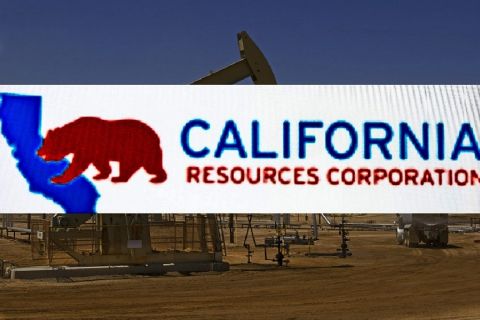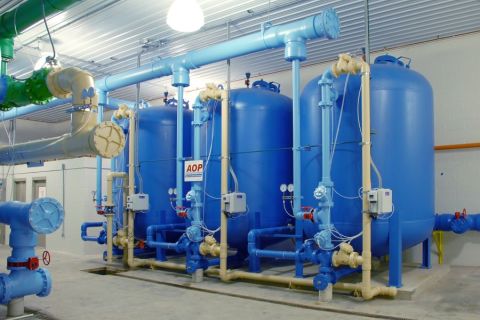"Anderson Exploration is one of the more compelling opportunities in our coverage universe because of the company's near- and long-term growth potential and its focus on natural gas," says Wayne W. Andrews, E&P analyst for Raymond James & Co. in Houston. "We are initiating coverage on AXL with a Strong Buy and a 12-month stock-price target of C$40 per share." Based in Calgary, Anderson Exploration is a senior Canadian oil and gas producer that operates in the Beaufort Sea, the Mackenzie Delta in the Northwest Territories, the Yukon, British Columbia, Alberta, Saskatchewan and Manitoba. The company also operates and is a 50% owner of Federated Pipelines Ltd., which transports crude oil and natural-gas liquids through an extensive pipeline system in Alberta and British Columbia. Recently, AXL acquired Ulster Petroleums, another Canadian producer, for C$941 million in cash and stock. "Anderson's savvy senior management team and its financial flexibility should allow the company to exploit its extensive land holdings, as well as the incremental growth opportunities in central Alberta and the Peace River Arch in northern Alberta that are afforded by the acquisition of Ulster Petroleums," says Andrews. AXL is not only exposed to the prolific opportunities in the lower provinces of the Western Canadian Sedimentary Basin (WCSB), but also to the tremendous resource and long-term growth potential of the underexplored, frontier-area Beaufort Sea and the Mackenzie Delta in northern Canada. The National Energy Board of Canada has estimated that the latter region alone contains natural-gas fields with more than 9 trillion cu. ft. of reserve potential. "As U.S. basins rapidly decline and as the WCSB matures, Anderson's pioneering exploration and development activities in these two frontier areas of northern Canada should position the company to assume a dominant role in North American natural-gas supply over the next five to 10 years," says the analyst. Another positive is that AXL replaces and produces its reserves at costs well below the industry average. From 1996 to 1998, the company added proved reserves at an average cost of C$6.41 per equivalent bbl. of oil, while reserve-replacement costs for its Canadian peers averaged C$7.42; last year, the company grew reserves at an even lower cost of C$5.07 per BOE. Meanwhile, from 1996 to 1998, the company's production costs averaged C$3.34 per equivalent bbl., while those for its Canadian peers averaged C$5.40. Says Andrews, "Anderson is not only able to grow its reserve base more efficiently than its Canadian peers, but also is able to monetize those assets at a lower cost, which results in higher netbacks and economic returns." An undervalued stock, Anderson has been trading at 3.6 times the analyst's calendar 2001 cash flow estimate for the stock, compared with average multiples of 5.1 and 4.5 forward cash flow for its U.S. and Canadian peers, respectively. "Given the company's growth opportunities, AXL should trade at a forward cash flow multiple closer to that of its peer groups." Note: Analysis took place 5-9-00 when AXL closed at C$24.65 per share and was reaffirmed 6-1 when C$28.75. Currently, some 129.6 million shares are outstanding. The recent 52-week price range was C$29.40-$14.75.
Recommended Reading
NOG Closes Utica Shale, Delaware Basin Acquisitions
2024-02-05 - Northern Oil and Gas’ Utica deal marks the entry of the non-op E&P in the shale play while it’s Delaware Basin acquisition extends its footprint in the Permian.
California Resources Corp., Aera Energy to Combine in $2.1B Merger
2024-02-07 - The announced combination between California Resources and Aera Energy comes one year after Exxon and Shell closed the sale of Aera to a German asset manager for $4 billion.
DXP Enterprises Buys Water Service Company Kappe Associates
2024-02-06 - DXP Enterprise’s purchase of Kappe, a water and wastewater company, adds scale to DXP’s national water management profile.
Pioneer Natural Resources Shareholders Approve $60B Exxon Merger
2024-02-07 - Pioneer Natural Resources shareholders voted at a special meeting to approve a merger with Exxon Mobil, although the deal remains under federal scrutiny.
Parker Wellbore, TDE Partner to ‘Revolutionize’ Well Drilling
2024-03-13 - Parker Wellbore and TDE are offering what they call the industry’s first downhole high power, high bandwidth data highway.





